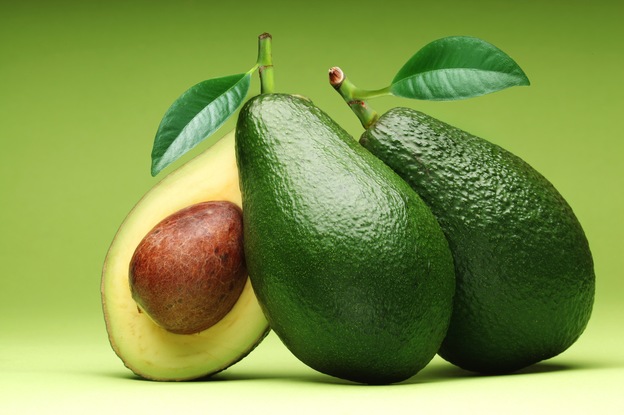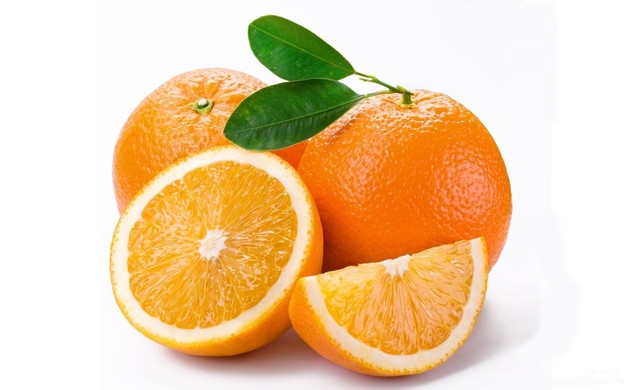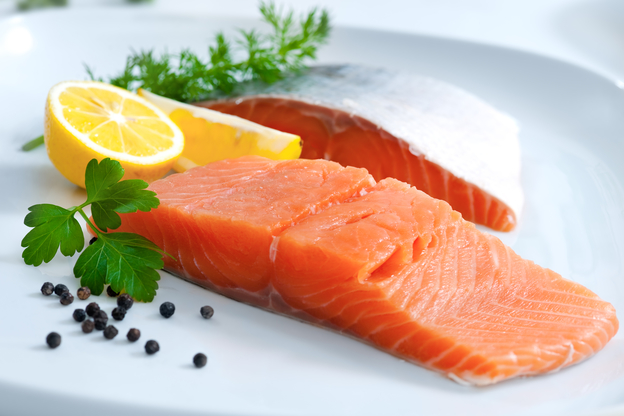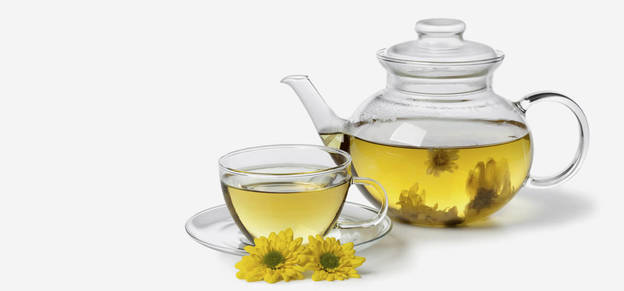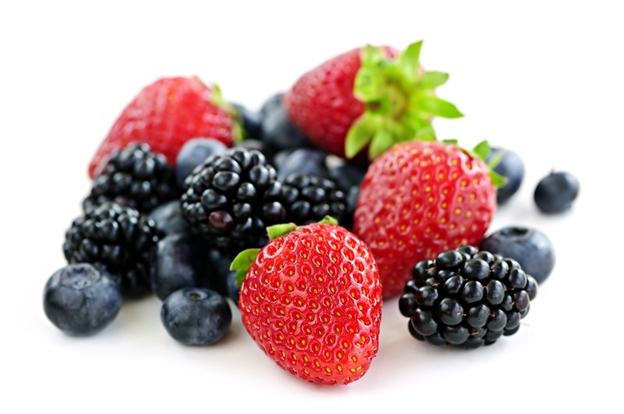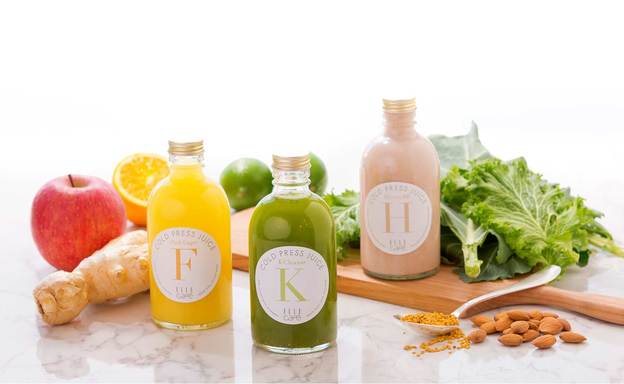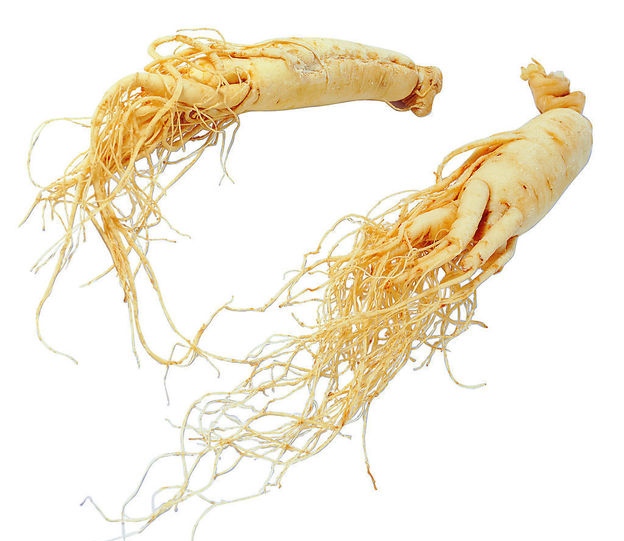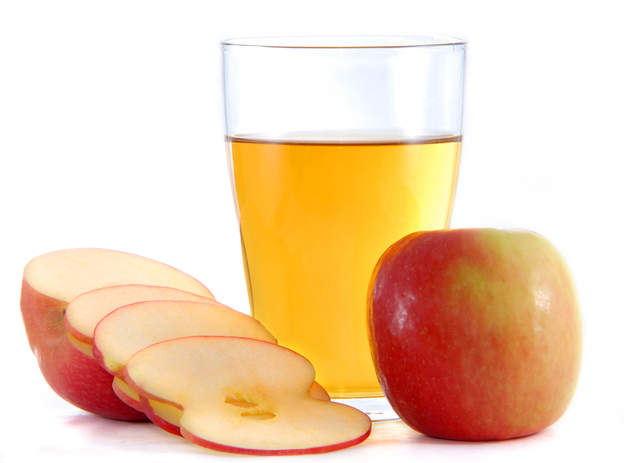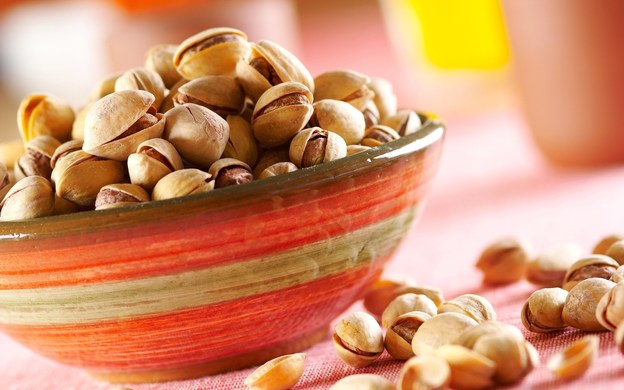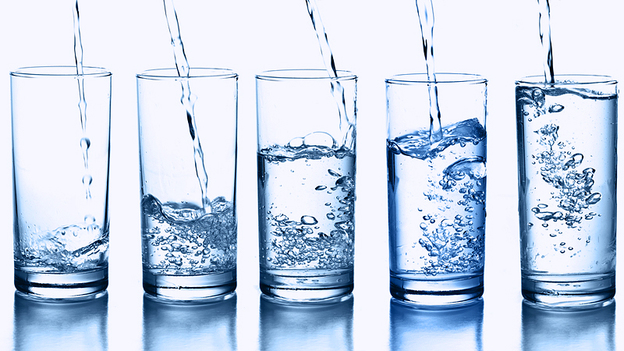SingaporeMotherhood | Pregnancy
October 2015
10 Foods & Drinks to Fight The Haze
The haze has made its annual appearance yet again. This time, however, it appears to be lingering for longer than usual. It has created an environment to which most Singaporeans are adapting fast without many complaints, most probably because they are aware that the situation is something we do not exercise much control over.
[banner][/banner]
N95 masks aside, what should we be consuming during this prolonged hazy season? Of course there are no magical concoctions that can render us immune to the symptoms of haze-induced conditions, but there are certain foods and drinks which we can include in our diet to boost our immune systems! Dr. Lin Kai Wei, a Family Physician with Nuffield Medical Group, provides his expertise on how some common foods that you can find at the supermarket have the potential to help our bodies stay strong throughout the fight against the haze.
1. Avocados
What they contain: Vitamin E
How it helps: Vitamin E is crucial for a strong immune system as it has anti-oxidant properties to help prevent cellular damage.
Alternative sources: Eggs, almonds and spinach
2. Oranges
What they contain: Vitamin C
How it helps: Vitamin C helps protect against immune system deficiencies, heart diseases and eye diseases. Dr Lin says, “Vitamin C is a natural anti-histamine. It can be helpful for people who develop allergies due to the haze. Vitamin C works by decreasing the amount of histamine in the blood. It is recommended that more than 1000mg of vitamin C is ingested through supplements or food.”
Alternative sources: Kiwi, broccoli, green peppers and pineapples
3. Salmon
What it contains: Omega-3 fatty acids
How it helps: Omega-3 fatty acids help to reduce inflammation and enhance the function of the body’s immune system. They also aid in keeping the heart healthy.
Alternative sources: Sardines, mackerel and cod liver oil
4. Chrysanthemum tea
What it contains: Vitamin C
How it helps: Chrysanthemum tea is a natural coolant. Drinking it can help to provide relief from sore throats as well as redness, itchiness or dryness of the eyes – typical haze associated symptoms!
Alternatives: Wolf-berry tea
5. Berries
What they contain: Anti-oxidants
How it helps: They may be small in size, but blackberries, raspberries, blueberries and strawberries are jam packed with anti-oxidants! These help the body fight oxidative stress caused by free radicals that can lead to illness.
Alternative sources: Grapes, sweet potatoes, pumpkins and beets
6. Cold pressed juices
What they contain: The A – Z of vitamins, minerals and enzymes found in fruits and vegetables
How it helps: What exactly is the hype surrounding cold pressed juices all about? Basically, the term “cold pressed” refers to a method of juice extraction. Juice extracted in such a manner is able to provide the cells and tissues of the body with the elements and nutritional enzymes they require in the form which can be most readily digested and assimilated. Simply put, these juices provide your body the same things which fruits and vegetables give – except in liquid form.
Alternative sources: Fresh fruits and vegetables
7. Ginseng
What it contains: Ginsenosides
How it helps: The results of some studies have found that ginseng has the ability to boost the human immune system. There has been evidence that a certain type of American ginseng extract might decrease the frequency of common cold episodes in adults, as well as their severity.
Alternatives: Essence of chicken containing ginseng or cordyceps
8. Apple cider vinegar
What it contains: Beta-carotene, calcium, vitamins C, E and B6
How it helps: The vitamin C and beta-carotene in cider vinegar destroy free radicals that weaken the immune system and increase the risk of various diseases. The liquid has high pH levels, which, when taken orally, help to dissolve mucus and clear up the airways for easier breathing. At the first sign of phlegm starting to make your throat uneasy, mix two tablespoons of apple cider vinegar in a glass of warm water and drink up!
Alternatives: Turmeric, lemon & honey and ginger
9. Pistachios
What they contain: Copper, magnesium and B vitamins
How it helps: For a healthy immune system, adequate intake of vitamin B6 is essential and to achieve it what, better way than eating a handful of pistachios! Vitamin B6 is important to keep the immune system functioning properly. A lack of vitamin B6 can negatively affect brain activity as well as make the immune system ineffective in fighting off infections.
Alternatives: Almonds, cashews, walnuts, sunflower seeds and pumpkin seeds
10. Water
How it helps: It is extremely crucial for people of all ages to keep themselves hydrated as much as they can. Apart from helping with blood circulation, an adequate intake of fluids also keeps the skin healthy. Nothing can quite take the place of this godsend, so drink up!
As you would have realised by now, the natural goodness provided by these foods and drinks tend to overlap rather significantly. Dr Lin adds that foods rich in quercetin should also be made part of one’s diet during this period. “Quercetin is an antioxidant, antihistamine and has anti-inflammatory properties,” he explains. “Good dietary sources of quercetin include apples, raspberries, cherries, cranberries, red grapes, citrus fruits.” To sum it up, you should be going natural and eating clean to stay strong! (even after the haze clears)
The above listed foods and drinks are generally suitable for children and pregnant women. However, if you suffer from certain health conditions, do consult your physician prior to the consumption of foods such as ginseng and apple cider vinegar.
All content from this article, including images, cannot be reproduced without credits or written permission from SingaporeMotherhood.
Follow us on Facebook, Instagram, and Telegram for the latest article and promotion updates.




